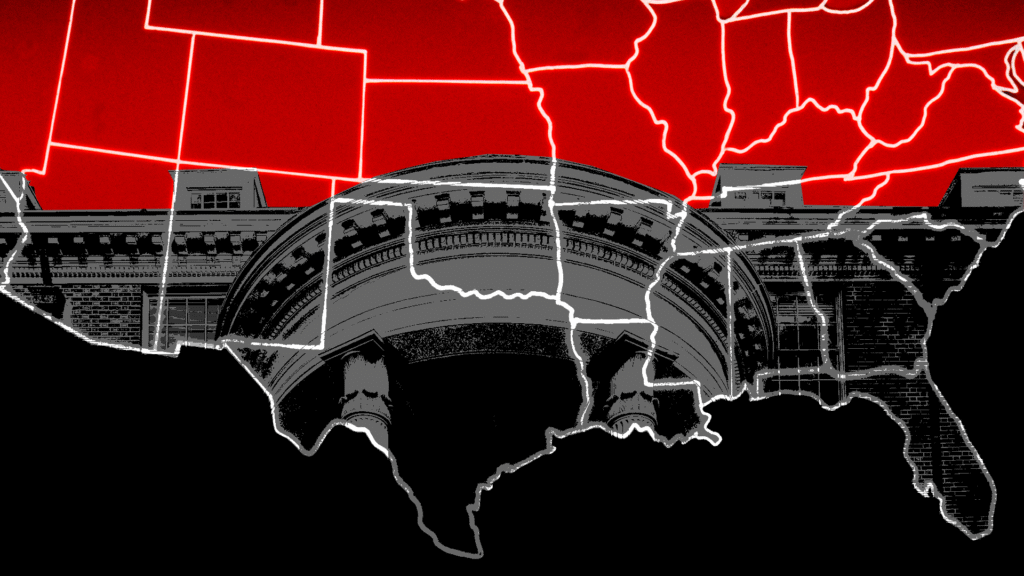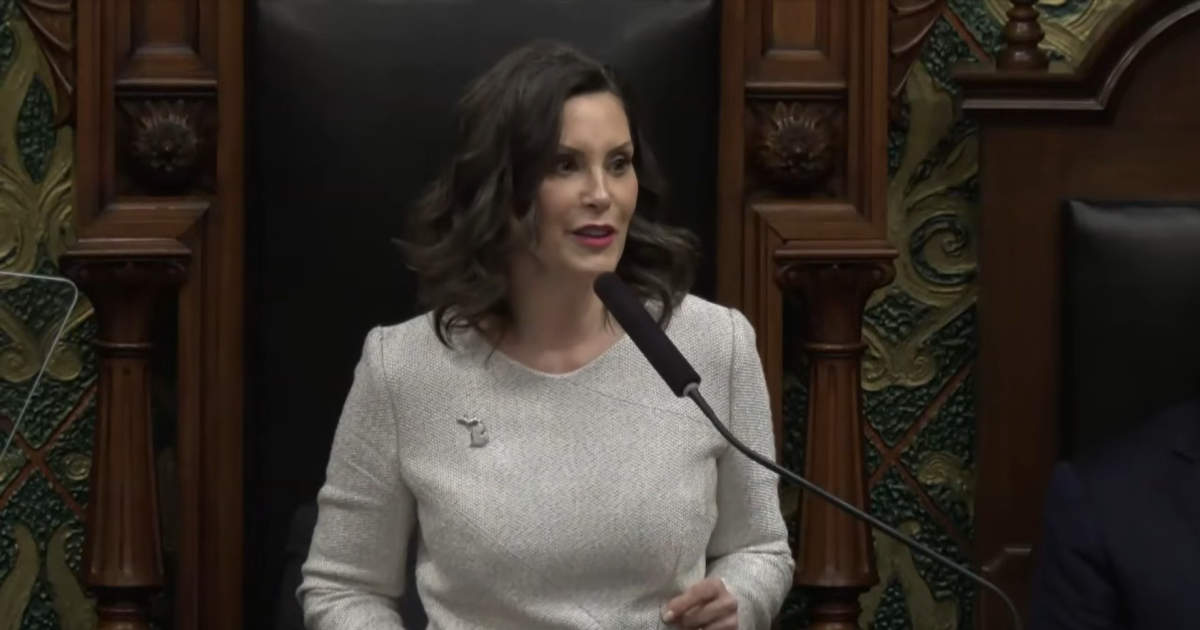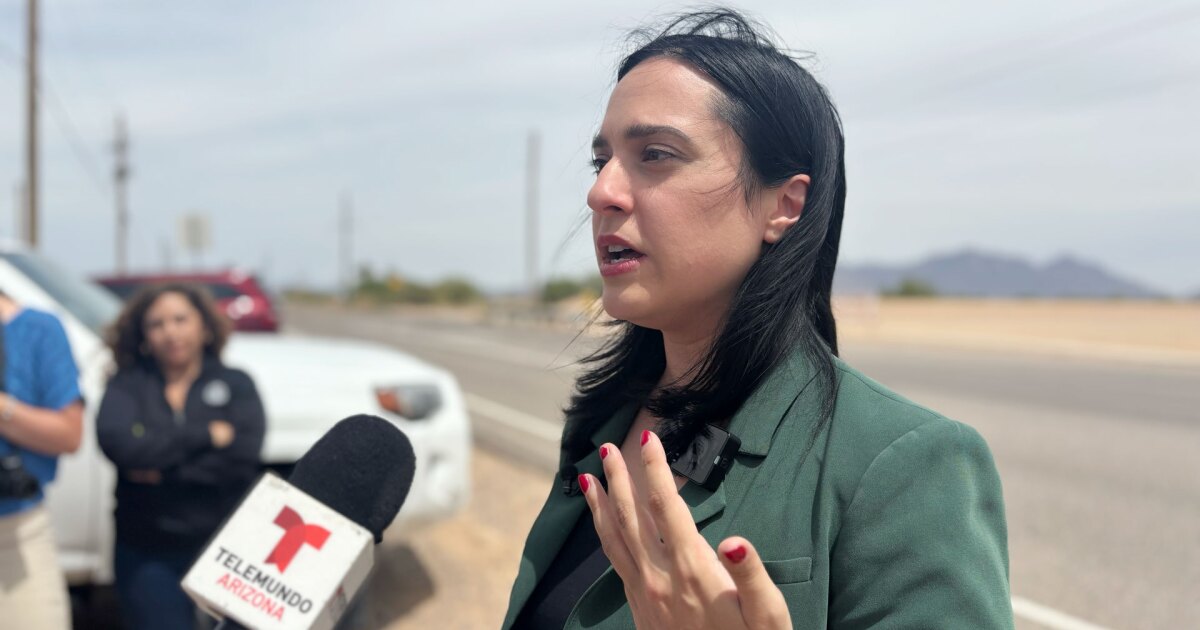Oklahoma seeks to reduce travel and operational expenses at its affordable regional universities, urging them to consolidate departments and cut energy use. The goal is to save money while maintaining their crucial role in graduating teachers and nurses at a lower cost compared to larger state institutions. Policymakers believe more efficiencies can be achieved.
Higher education is under scrutiny by a new state-run agency, the Oklahoma Division of Government Efficiency (DOGE), aimed at preserving the state’s way of life, according to Republican Gov. Kevin Stitt in the DOGE-OK report. This agency has transitioned to automated lawn mowers, implemented energy-saving LED lighting, and reduced cell phone expenses. The governor’s office did not comment on these efforts.
Oklahoma, like other states, has explored approaches similar to the federal DOGE, which was established under the Trump administration to enforce spending cuts. As academia faces criticism from Trump supporters, Republican leaders are aligning to impose similar measures.
Beyond Oklahoma, Florida Gov. Ron DeSantis launched FL DOGE in February to review higher education operations. Ohio has its own DOGE caucus, and Iowa’s DOGE Task Force aims to refine job training programs. This political climate marks an “unprecedented attack on higher education,” warns Veena Dubal, a law professor at the University of California, Irvine.
The scrutiny comes as federal job cuts and spending reductions impact colleges. Some research grants have been canceled, and diversity initiatives are under pressure. These cuts are not new; higher education often faces budget reductions during economic downturns. Yet, the DOGE approach targets specific programs and enforces ideological changes, as seen in Florida with DeSantis’ push for a conservative shift at New College in Sarasota.
Students and faculty express concerns about academic freedom and the state’s influence on curriculum choices. “You can’t erase history,” says Meadow Swantic, a Florida Atlantic University student. Meanwhile, state-level DOGE entities vary in their resemblance to the federal version, with Kansas and Missouri seeking public input for government efficiency.
The federal DOGE, led by Elon Musk, requires employees to list weekly accomplishments. However, the Ohio DOGE Caucus emphasizes wise spending without imposing such demands. Ultimately, the rise of state-level DOGE entities reflects a broader political effort to exert control over public universities.
For further reading, explore Inside Florida’s ‘underground lab’ for far-right education policies and related reports on higher education challenges.
—
Read More Kitchen Table News









